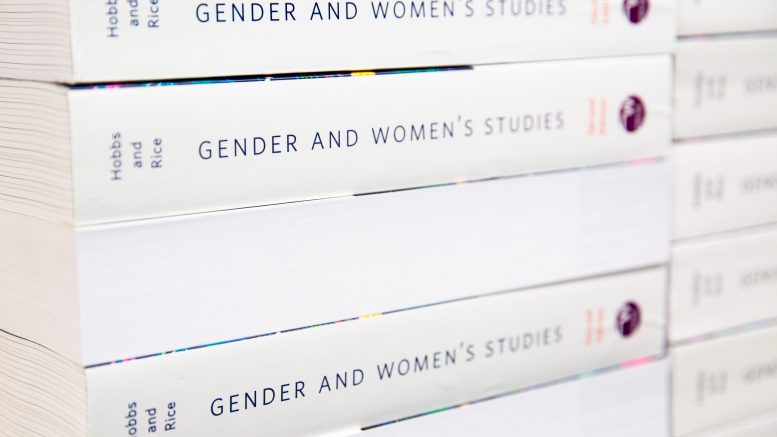In light of the recent hate-motivated stabbing at the University of Waterloo, members of the U of M community are beginning to reflect upon the events that took place and look toward how to protect education and the well-being of students and staff.
After initial investigation, the Waterloo regional police have found that the attack against students and a professor within a gender studies class was not random.
“The accused targeted a gender-studies class and investigators believe this was a hate-motivated incident related to gender expression and gender identity,” the Waterloo regional police said in a media release.
A message from Diane Hiebert-Murphy, U of M provost and vice-president academic, extended sympathies to those affected at the University of Waterloo.
“Our campuses should be places where we peacefully pursue knowledge and seek to benefit others,” stated Hiebert-Murphy.
On taking action, the message reiterated that the university is focusing on lasting change through advocacy, action, research and comprehensive policies to address the root causes of such hatred.
This is not the first act of gender motivated hate within an academic institution, which Adele Perry, director for the Centre of Human Rights Research immediately recognized when hearing about the attack.
“I think the first thing that it connected me with was memories of hearing of the Montreal massacre, which happened when I was an undergraduate student,” said Perry. “It shaped, in profound ways, a generation’s experience of what it means to occupy space at the university.”
On the political nature of the attack, UMSU women’s representative Witta Irumva said that politics can greatly influence how people conduct their lives, and worries about when they are taken too far and lead to critical outcomes.
“Beliefs and ideologies can come to life and actually cause harm,” said Irumva.
Perry said that it is too soon to know if Canada’s political landscape played into the attack, but noted that after the Montreal massacre, there was the sentiment of “one lone sad angry man” and pushback against systemic analysis of the event.
Perry went on to say that such violence is not new for many groups including women, non-binary people, Indigenous people and racialized people, “who always live with the knowledge that violence structures our lives.”
In response to threats of violence, Irumva hopes that security is not the only course of action taken but that deeper underlying factors are also looked at.
“I think there’s a deeper societal issue, and I think it ties in with a lot of misogyny, as you can see it was a gender studies class which also talks about 2SLGBTQIA,” said Irumva. “Moving forward, I hope they don’t only address the security aspect of people on campus but also what is driving it.”
When asked if UMSU had discussed any plans for the academic year in response to the attack, Irumva said that it has been difficult to connect with students as the attack occurred in the summer.
In next steps, women and gender studies and history associate professor Jocelyn Thorpe also hopes that increased security is not the primary course of action.
“Lots of people do not feel protected by security. So the idea that we need to have more security is controversial because who then feels safe, and who doesn’t feel safe?”
Thorpe continued that actions such as women’s-only hours at the gym and increased lighting on campus are ways to keep people safe but are, at their core, responses to systems of oppression.
Instead, Thorpe and Perry believe there should be an increased focus on course curriculum and on who is populating university spaces so that they are reflective of the campus community.
“I would be interested in thinking about the bigger questions, about who is there both teaching and as students, and maybe patterns about how we staff and populate campuses in general,” said Perry.
Through teaching about histories of university exclusion, Thorpe hopes that people will further understand the histories of colonialism and patriarchy to see that society does not need to continue this way.
“This is why the curriculum in women’s and gender studies and in Indigenous studies is really important, because I think it’s part of what leads to a conversation that is not polarizing.”
For students who may be hesitant to take gender studies classes, Perry reiterated the importance of taking such courses.
“Some of the disciplines and fields and courses that have been under attack, whether at a rhetorical level or in these very real ways, are also world changing.”



